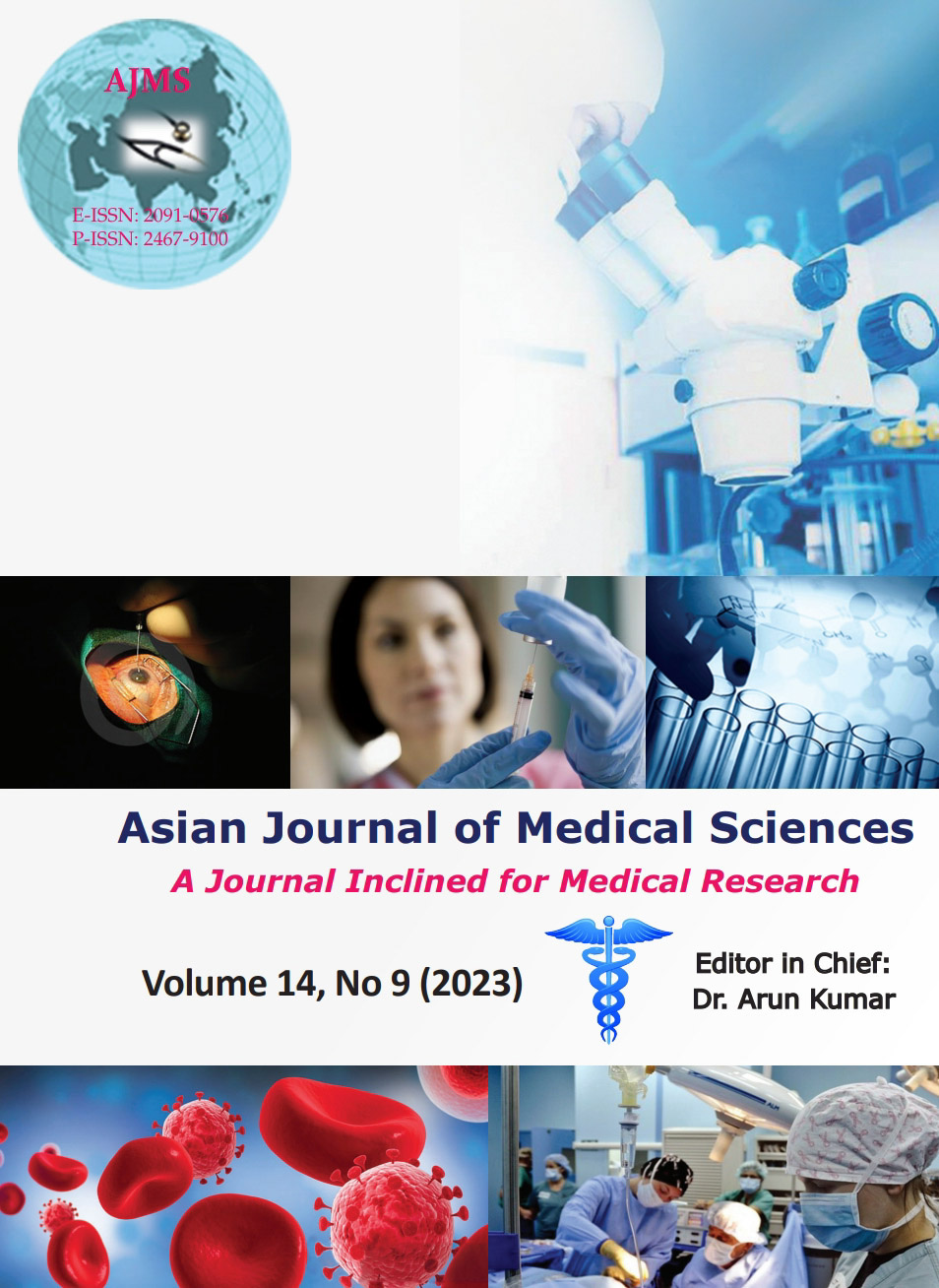Effectiveness of Tinospora cordifolia in comparison to tramadol for analgesic activity in albino rats
Keywords:
Analgesic; Anti-inflammatory; Aqueous extract; Albino rats; Tinospora cordifoliaAbstract
Background: Pain and pyrexia are the warning signals, primarily protective in nature, that cause discomfort and suffering and may even be unbearable and incapacitating. The modern drugs (such as opioids, NSAIDs, and corticosteroids) currently used for the management of pain, fever, and inflammatory conditions, present with many known adverse effects. Tinospora cordifolia known as Giloe or guduchi, widely used in folk medicine due to its property to cure several diseases.
Aims and Objectives: The present study was undertaken to explore the analgesic activity of water-soluble extract of T. cordifolia in albino rats in experimentally induced pain.
Materials and Methods: The present study was done in the Department of Pharmacology, Gandhi Medical College, Secunderabad. Albino rats were used to study the analgesic activity of T. cordifolia aqueous extract at the dose of 300 mg/kg and 1 g/kg and tramadol 50 mg/kg per orally. Eddy’s hot plate was used for the antinociceptive study.
Results: In Eddy’s hot plate, an increase in reaction time was observed with peak effect at 90 min. Results were close to the standard drug tramadol.
Conclusion: Aqueous extract of T. cordifolia was effective in model of pain suggesting its possible action by central and peripheral mechanisms, and in higher doses, it was found to be effective like that of tramadol.
Downloads
Downloads
Published
How to Cite
Issue
Section
License
Copyright (c) 2023 Asian Journal of Medical Sciences

This work is licensed under a Creative Commons Attribution-NonCommercial 4.0 International License.
Authors who publish with this journal agree to the following terms:
- The journal holds copyright and publishes the work under a Creative Commons CC-BY-NC license that permits use, distribution and reprduction in any medium, provided the original work is properly cited and is not used for commercial purposes. The journal should be recognised as the original publisher of this work.
- Authors are able to enter into separate, additional contractual arrangements for the non-exclusive distribution of the journal's published version of the work (e.g., post it to an institutional repository or publish it in a book), with an acknowledgement of its initial publication in this journal.
- Authors are permitted and encouraged to post their work online (e.g., in institutional repositories or on their website) prior to and during the submission process, as it can lead to productive exchanges, as well as earlier and greater citation of published work (See The Effect of Open Access).




